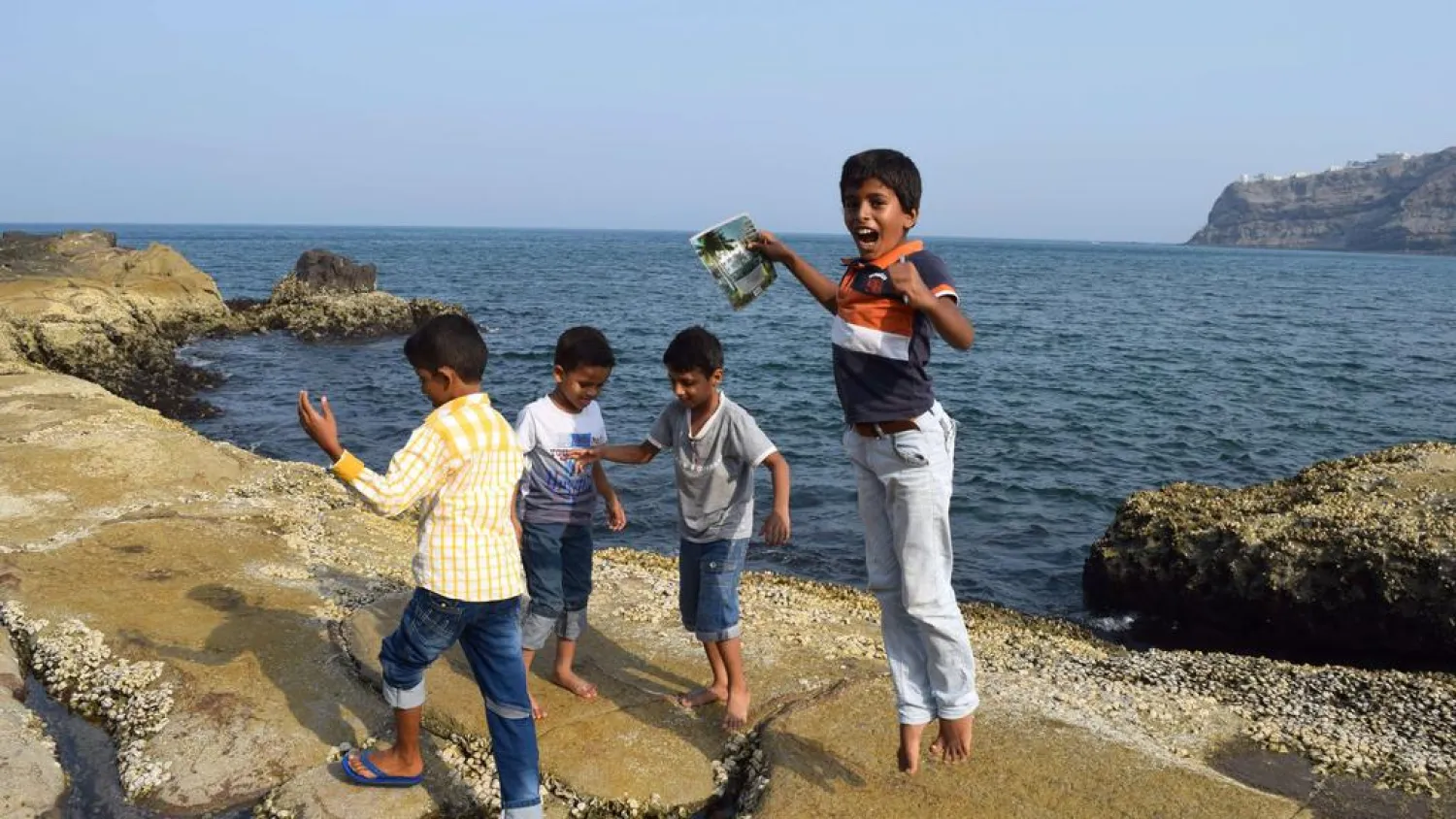Ahmed Salim Rubea, the new governor of Yemen's temporary capital, Aden, said Thursday that services and security should be tackled in the next phase.
In a telephone conversation with Asharq Al-Awsat, Rubea stressed that basic services in the temporary capital of Aden require urgent intervention and quick solutions.
“Basic services include electricity, water, sanitation, hygiene, and health,” the governor said, adding that he had already tackled those issues during a meeting held Thursday with Aden’s governorate employees.
Yemen's Internationally-backed President Abdu-Rabbu Mansour Hadi had appointed Rubea Thursday in a new presidential decree, according to state-run Saba news agency.
Rubea said he plans to place an extended action plan to find means for achieving results in best ways possible and based on a scheduled timetable.
“Aden’s immediate needs were already presented to the cabinet to have them quickly implemented,” he said.
Although the governor explained that currently, the Cabinet would not be ready to treat all services-related issues, he said the government would still be capable to contribute in offering those facilities in a better way.
Concerning security and what Aden needs during the current phase, the new governor uncovered the presence of a new plan already proposed by the Prime Minister in this regard.
There are also ongoing efforts to establish a new electricity plant in with a capacity of producing 264 megawatts.
“This will help stimulate many basic services,” Rubea said, adding that treating problems that residents face in their day-to-day lives would very much reflect on the general normative. However, the governor said, “during this phase, big strategic projects in Aden overpass our financial capacities.”









